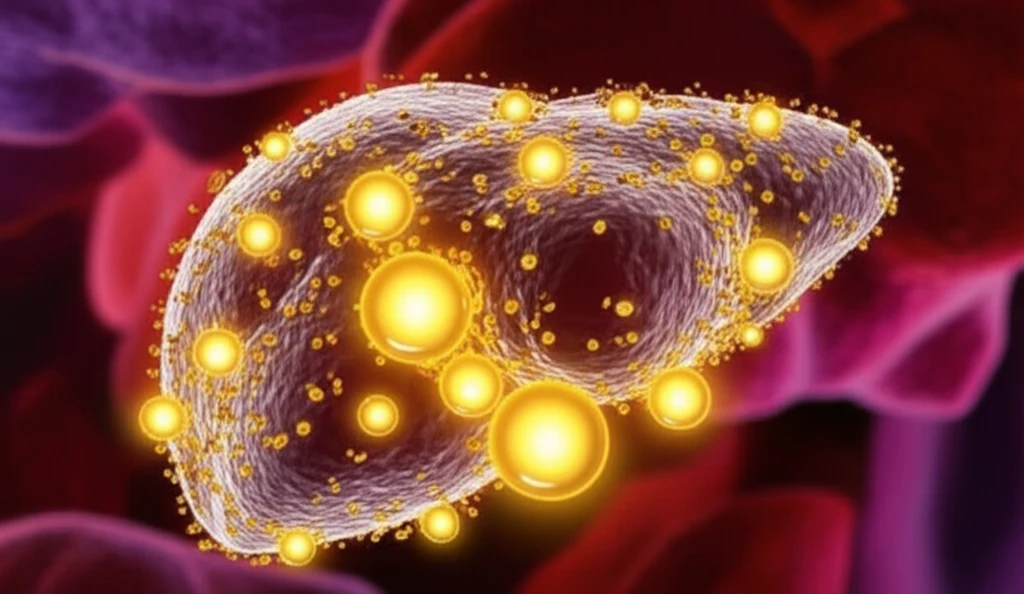
Can Natural Compounds Halt Liver Cancer Growth? New Hope with Auphen and cAMP
"Discover how Auphen and dibutyryl cAMP could revolutionize liver cancer treatment by regulating key proteins."
Hepatocellular carcinoma (HCC), a prevalent and aggressive form of liver cancer, poses a significant global health challenge. The complexities of its development and limited treatment options underscore the urgent need for innovative therapeutic strategies. Recent research has shed light on potential new avenues for combating HCC, focusing on the roles of specific compounds and their effects on cellular mechanisms.
A recent study explored the impact of Auphen and dibutyryl cAMP (dbcAMP) on HCC, highlighting their ability to regulate aquaporins 3 (AQP3) and 9 (AQP9)—proteins crucial in cellular water transport. These aquaporins have been increasingly recognized for their involvement in cancer progression, making them promising targets for therapeutic intervention.
This article breaks down the findings of this study, explaining how Auphen and dbcAMP could offer a novel approach to suppressing HCC growth by modulating AQP3 and AQP9 expression. It explores the underlying mechanisms, clinical implications, and potential future directions for liver cancer treatment, providing hope for more effective and targeted therapies.
The Science Behind Auphen and cAMP's Anti-Cancer Effects

The study, conducted using both in vitro and in vivo models, demonstrated that Auphen and dbcAMP significantly impact HCC development by influencing the expression of AQP3 and AQP9. Researchers examined HCC tissue samples and xenograft tumor models in mice to understand these compounds' effects. The key findings revealed:
- Reduced Tumor Growth: Mice treated with Auphen and dbcAMP showed a significant reduction in tumor volume and weight compared to the control group.
- Decreased AFP Levels: Both compounds effectively lowered the levels of alpha-fetoprotein (AFP), a common marker for liver cancer, in serum and tissues.
- Increased Apoptosis: The treatment led to increased apoptosis (programmed cell death) in tumor cells, indicating a direct anti-cancer effect.
Implications and Future Directions
This research provides a compelling rationale for further exploration of Auphen and dbcAMP as potential therapeutic agents in HCC treatment. By targeting AQP3 and AQP9, these compounds offer a novel approach to suppressing tumor growth and improving patient outcomes. While these findings are promising, further studies are needed to optimize treatment protocols, assess long-term efficacy, and evaluate potential side effects. Clinical trials will be essential to translate these preclinical discoveries into effective therapies for liver cancer patients.
